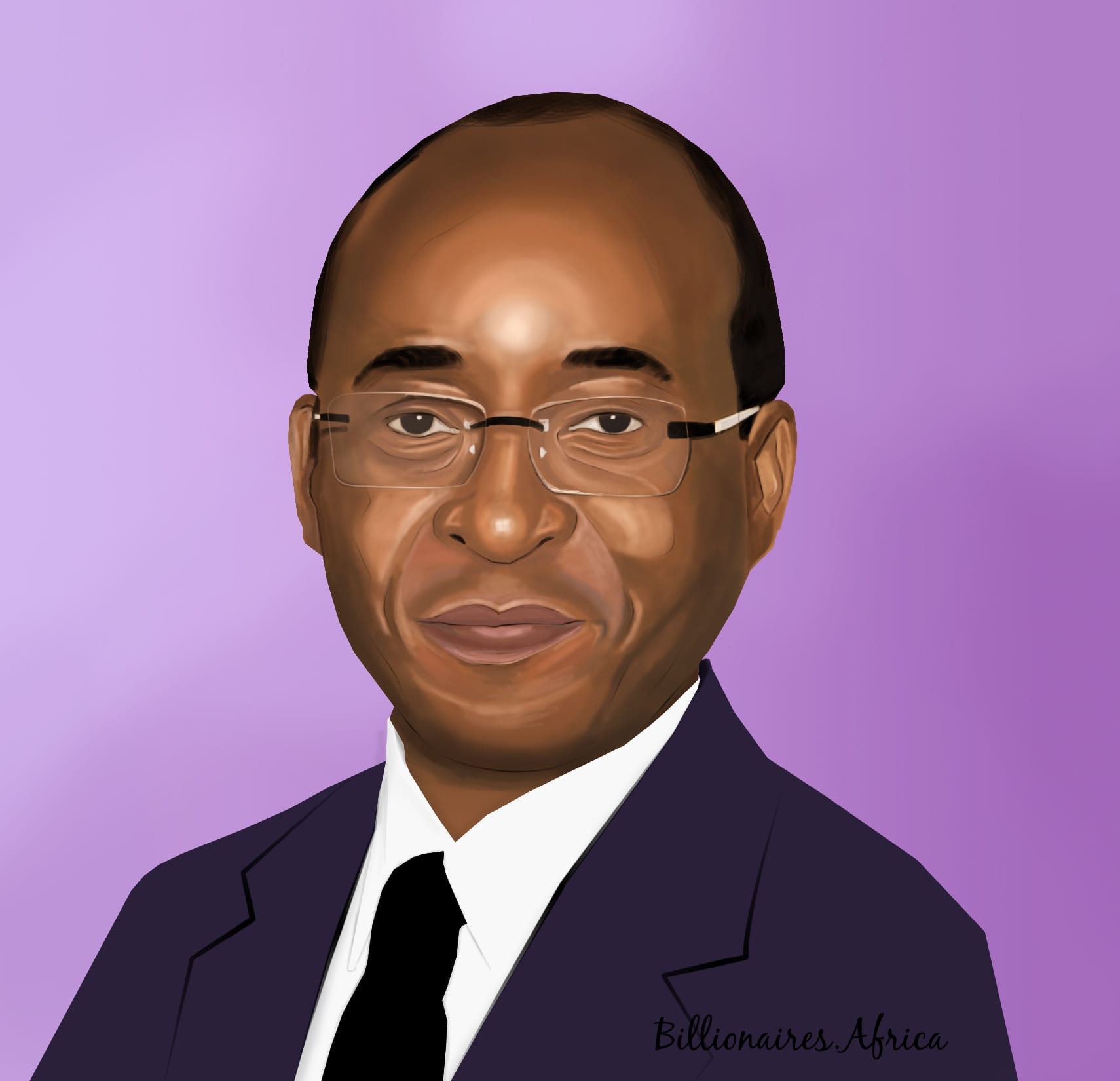Strive Masiyiwa’s free COVID-19 test in Zimbabwe records low turnout

In a recent attempt to limit the spread of the COVID-19 pandemic in Zimbabwe, Strive Masiyiwa’s Higherlife Foundation offered free COVID-19 PCR tests to students in the country in partnership with the Parirenyatwa Group of Hospitals.
However, the exercise recorded a meager turnout among students who just resumed school to take their exams. A top manager of the project has attributed the results to “poor advertising” and a lack of media coverage, Bulawayo 24 News reported.
“We rolled out the program for free COVID-19 testing on Monday 8am for all students in tertiary, primary, and secondary levels. There has, however, been a low uptake, I think this is because there was poor marketing for the exercise,” Martin Musekiwa, team leader of the Parirenyatwa task-force, said.
The initiative had a daily target of 150 students between March 15 and 22. However, it had barely tested 12 students as of March 19. The few students that were tested came out negative. Nevertheless, World Meters recorded 36,822 confirmed COVID-19 cases, 1,520 deaths and 34,603 recoveries for the country as of March 29.
The billionaire intended to use the initiative to cover the cost of testing children for COVID-19 because not many people can afford to have the test in Zimbabwe due to extreme poverty. “The COVID-19 test is costly, so this initiative is there to lessen the burden on parents who’re forking out hard cash to pay school fees,” Musekiwa said.
A price list on Zimpriceheck.com shows that the test costs between $60 and $100 in the Southern African country. In a publication, the U.S. Embassy in Harare stated that its citizens might have to pay an average of $65-$75 for the test at government-approved laboratories. This amount is hard to come by for many people in Zimbabwe.
Last month, Zimbabwe’s National Statistics Agency (ZimStat) reported that the Total Consumption Poverty Line (TCPL) for Zimbabwe stood at $5,187.31 per person in February 2021. This means that an individual required $5,187.31 to purchase both non-food and food items, not to be called poor.
The pandemic and its impacts disrupted livelihoods, especially in urban areas, and added 1.3 million to the extremely poor, the World Bank estimates. The report suggests the number of extreme poor reached 7.9 million in 2020-almost 49 percent of the country’s population.
Masiyiwa is a London-based Zimbabwean billionaire businessman and philanthropist. He is the founder and executive chairman of the international technology group Econet Global. According to Forbes, he owns a little over 50 percent of Liquid Telecom and has investments in other telecom, fintech and power distribution businesses in several African countries. As of March 29, Forbes estimated his net worth at $1.5 billion.